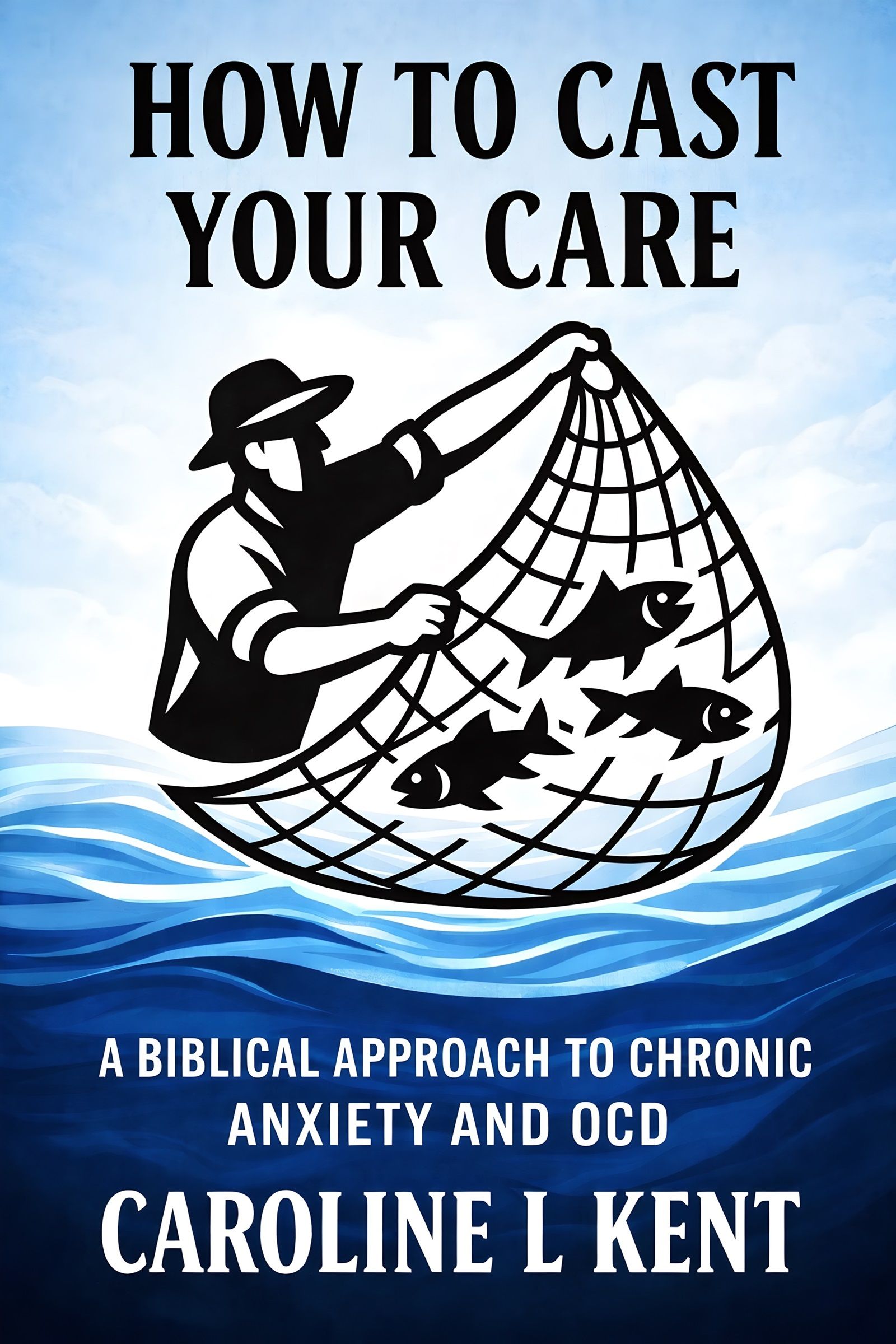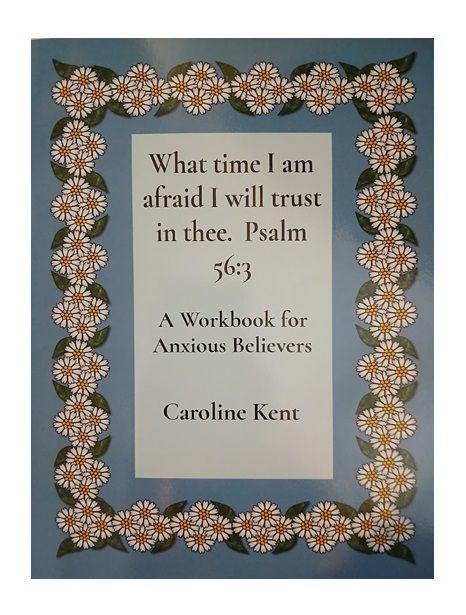Why use the Authorised King James Version in 21st Century?
The Authorised Version (KJV) remains widely used among Christians today, despite the proliferation of modern translations. Here are some compelling reasons for its continued relevance
1. Textual Reliability – Based on the Received Text
- The KJV is translated from the Textus Receptus (TR) for the New Testament and the Masoretic Text for the Old Testament, both of which have a long history of faithful transmission.
- Many modern versions use the Critical Text (Nestle-Aland/Westcott-Hort), which is based on a handful of manuscripts (such as Codex Vaticanus and Codex Sinaiticus) that contain disputed readings and omissions.
- The Textus Receptus tradition aligns with the vast majority of New Testament manuscripts (the Majority Text or Byzantine Text), ensuring a stable and consistent textual foundation.
🔹 Why it matters:
The TR represents a continuous and preserved textual tradition, whereas the Critical Text relies on recently discovered, sometimes inconsistent manuscripts.
2. Majestic and Reverent Language
- The KJV’s formal and elevated language reflects the dignity and holiness of God.
- It employs thee, thou, thy, thine for singular and ye, you, your for plural, preserving distinctions lost in modern English but still present in biblical Greek and Hebrew.
- Its poetic style, rhythm, and beauty have had a profound impact on English-speaking culture.
🔹 Why it matters:
The Bible is God’s Word, and its reverence should be reflected in its translation, rather than adopting casual or informal expressions that lack theological weight.
3. Doctrinal Integrity – Avoiding Doctrinal Omissions
- Modern translations omit or question key Christological and doctrinal verses (e.g., 1 John 5:7, Mark 16:9-20, John 7:53–8:11).
- Examples of Key Differences:
- 1 John 5:7 (KJV) – The Trinity
- "For there are three that bear record in heaven, the Father, the Word, and the Holy Ghost: and these three are one."
- Missing in most modern versions.
- Colossians 1:14 (KJV) – The Blood of Christ
- KJV: "In whom we have redemption through his blood, even the forgiveness of sins."
- NIV/ESV: "In whom we have redemption, the forgiveness of sins." (Omitting “through his blood”)
- Luke 2:33 (KJV) – The Virgin Birth
- KJV: "And Joseph and his mother marvelled at those things which were spoken of him."
- NIV/ESV: "The child’s father and mother marvelled..."
- Implication: Calls Joseph the "father" of Jesus, which undermines the virgin birth.
🔹 Why it matters:
The KJV preserves key theological truths that some modern versions downplay or omit.
4. Proven Fruitfulness Over Centuries
- The KJV has been used for over 400 years to spread the Gospel and disciple believers.
- The greatest revivals, missionary movements, and awakenings in church history were largely influenced by the KJV.
- Influence on English-speaking Christianity:
- Used by Charles Spurgeon, Jonathan Edwards, John Bunyan, and Martyn Lloyd-Jones.
- Its phrases and structure have shaped theological writings and hymnody.
🔹 Why it matters:
If God has blessed and used the KJV in such a powerful way, why abandon it?
5. Stability and Consistency
- Many modern versions constantly change (e.g., the NIV has undergone major revisions in 1978, 1984, 2011).
- The KJV remains unchanged, providing continuity for memorisation, preaching, and teaching.
- Churches and believers using the KJV have the same Bible, unlike those using modern translations that differ with each edition.
🔹 Why it matters:
A stable and unchanging Bible allows for generational continuity in teaching and discipleship.
6. Word-for-Word Translation (Formal Equivalence)
- The KJV follows formal equivalence (word-for-word translation) rather than dynamic equivalence (thought-for-thought).
- Modern translations (e.g., NIV, NLT) often interpret rather than translate, leading to bias and loss of meaning.
🔹 Example:
Psalm 12:6-7 (Preservation of God’s Words)
- KJV: "The words of the LORD are pure words: as silver tried in a furnace of earth, purified seven times. Thou shalt keep them, O LORD, thou shalt preserve them from this generation for ever."
- NIV: "And the words of the Lord are flawless, like silver purified in a crucible, like gold refined seven times. You, Lord, will keep the needy safe and will protect us forever from the wicked."
- Problem: The NIV shifts the meaning from God preserving His Word to preserving people.
🔹 Why it matters:
The KJV is faithful to the original wording and avoids human interpretation in translation.
7. Avoidance of Ecumenical & Liberal Bias
- Many modern translations involve translators with liberal theology or interfaith/ecumenical leanings.
- Some translations are influenced by gender-neutral language, altering God’s Word to fit modern ideologies.
- Example: NIV 2011 and ESV 2016 changed certain gender-specific words to be more inclusive.
🔹 Why it matters:
God’s Word should not be edited to fit cultural trends.
8. The KJV's Influence on English & Literature
- The KJV is one of the greatest works of English literature.
- Many common English phrases come from the KJV, including:
- "By the skin of one’s teeth" (Job 19:20)
- "A thorn in the flesh" (2 Corinthians 12:7)
- "A house divided against itself cannot stand" (Mark 3:25)
- It influenced great writers such as John Milton, William Blake, and T.S. Eliot.
🔹 Why it matters:
The KJV connects us to the richness of historic English expression in a way modern translations do not.
9. Free from Copyright Restrictions
- Most modern translations (NIV, ESV, NLT, etc.) are copyrighted, meaning publishers control how the text is used.
- The KJV is public domain, allowing free distribution and use.
🔹 Why it matters:
God’s Word should be freely accessible without corporate control.
10. Spiritual Depth and Power
- Many believers find that the KJV carries a unique spiritual authority and depth that modern translations lack.
- The majestic, poetic structure aids in memorisation and conveys the weight of divine revelation.
🔹 Why it matters:
A Bible that resonates deeply in the soul is a treasure to keep.
Conclusion: Why the KJV in the 21st Century?
✅ Textual Reliability – Based on the Received Text, not corrupted manuscripts.
✅ Reverent Language – Reflects the holiness of God.
✅ Doctrinal Integrity – Preserves key biblical doctrines.
✅ Proven History – Used in great revivals and awakenings.
✅ Stable & Consistent – No constant revisions.
✅ Word-for-Word Accuracy – Faithful to original texts.
✅ Free from Liberal & Ecumenical Bias – Uncompromised truth.
✅ Literary Beauty & Depth – Majestic and poetic.
✅ Public Domain – Accessible to all without copyright restrictions.
✅ Spiritual Power – Deeply moves and transforms lives.
While modern translations may serve a purpose for study or comparison, the KJV remains the gold standard for accuracy, beauty, and doctrinal faithfulness. It has stood the test of time for over 400 years – and will continue to do so.








